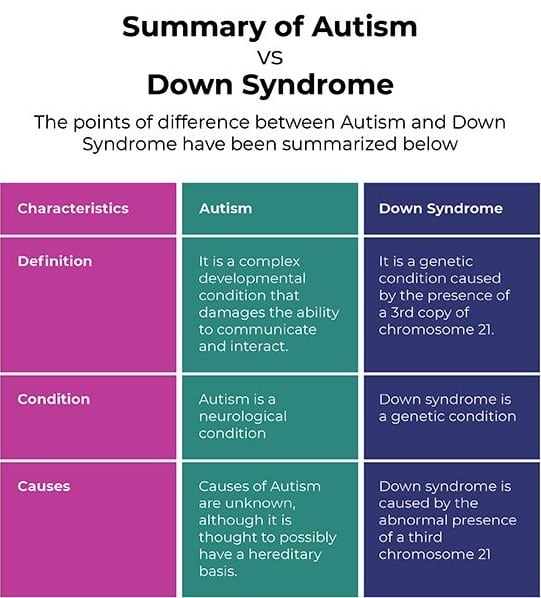Autism, also known as Autism Spectrum Disorder (ASD), is characterized by various symptoms. Here are some of the most common symptoms:
- Social difficulties: Individuals with autism may have trouble understanding social cues, making eye contact, or engaging in reciprocal conversations.
- Repetitive behaviors: They may exhibit repetitive movements, such as hand flapping or body rocking, and adhere to strict routines or rituals.
- Sensory sensitivities: Many individuals with autism are hypersensitive or hyposensitive to certain sounds, smells, textures, or lights.
- Communication challenges: Some may have delayed or limited speech, while others may have difficulty expressing their needs or understanding non-literal language.
- Narrow interests: People with autism often develop intense interests in specific topics or activities.
Recognizing these symptoms can help parents better understand their child’s needs and provide appropriate support, therapies, and interventions to promote their growth and well-being.
This post was originally published on Feb. 5, 2023. It was updated on March 21, 2024.











